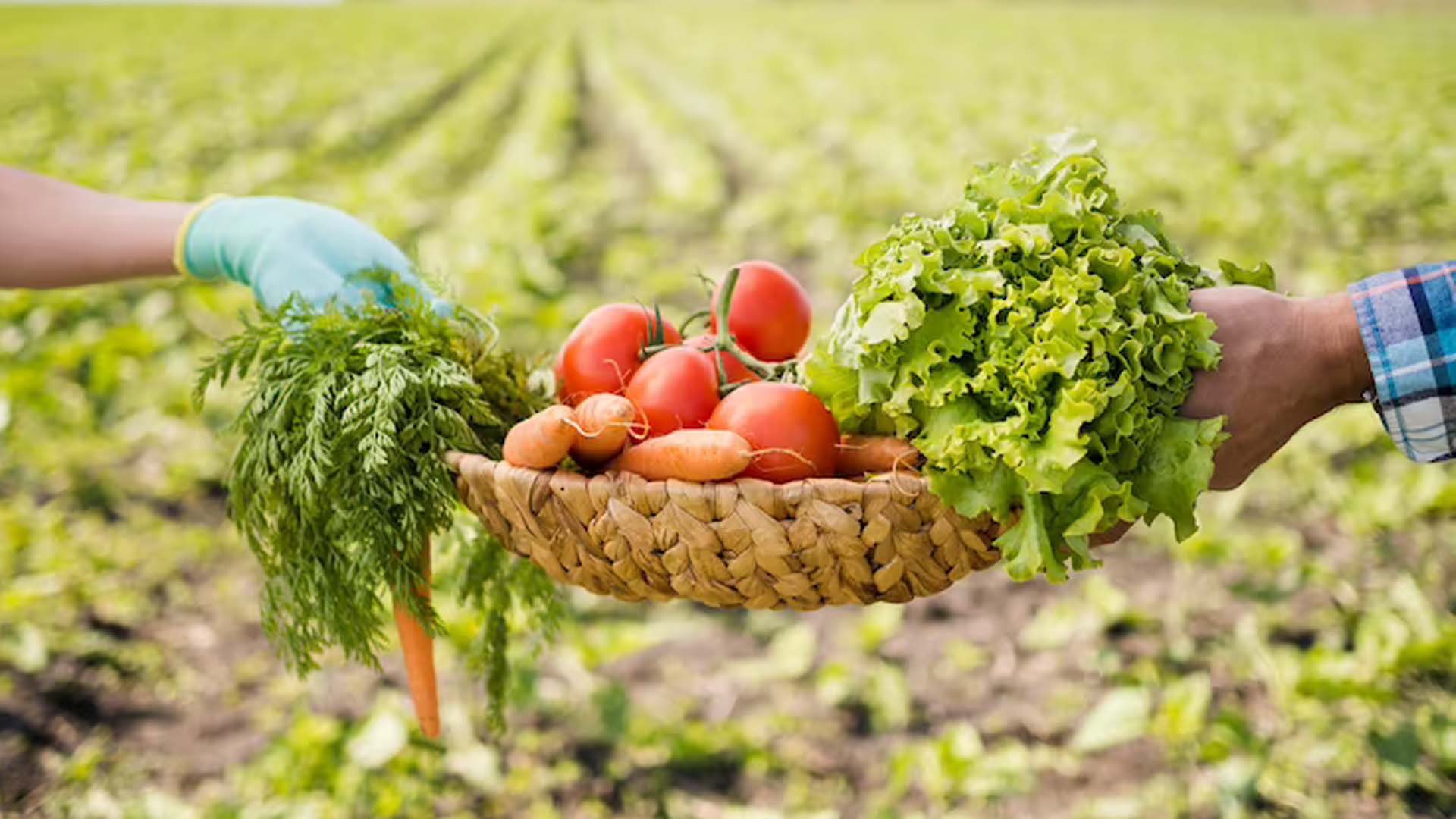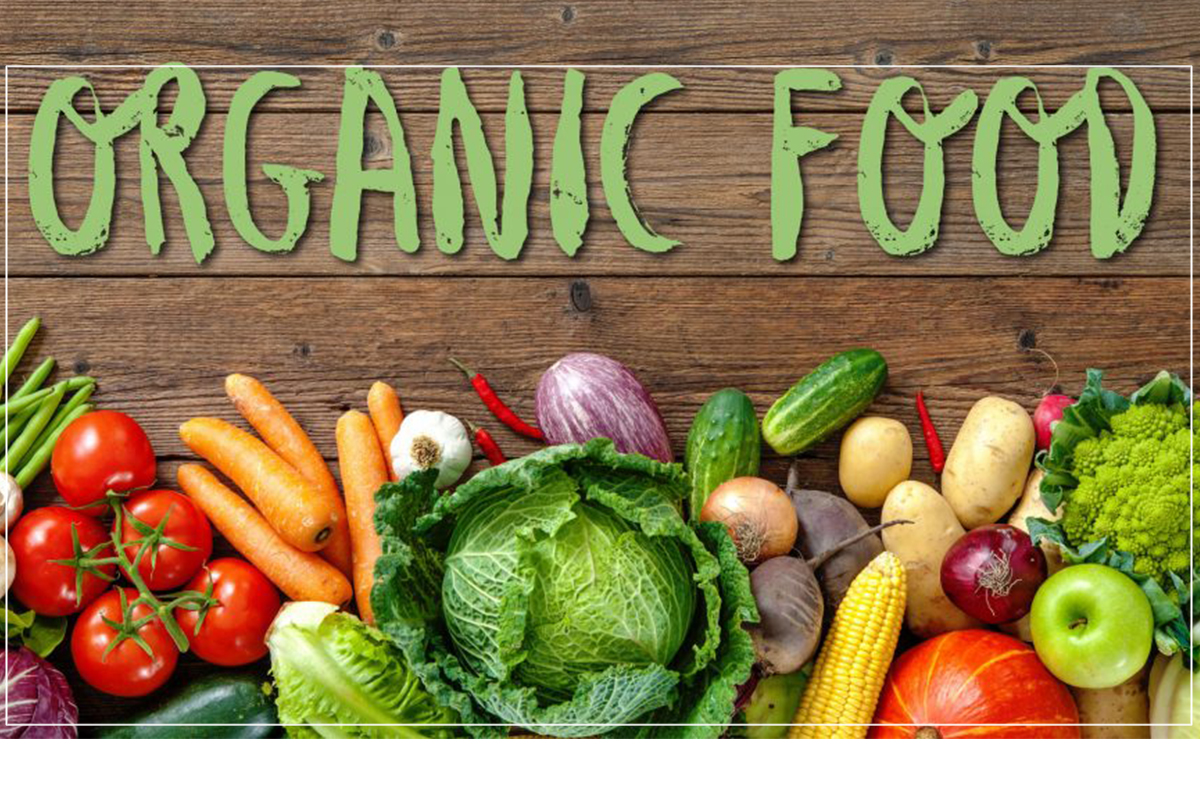
The Ultimate Guide to Organic Guinea Pig Food with Carrots: A Healthy Choice for Your Cavy
Guinea pigs, also known as cavies, are delightful and social creatures that make wonderful pets. As responsible pet owners, providing them with a balanced and nutritious diet is crucial for their overall health and well-being. In recent years, organic food options have gained popularity for both humans and animals alike, and guinea pig food is no exception. This article delves into the world of organic guinea pig food with carrots, exploring its benefits, nutritional components, potential drawbacks, and how to incorporate it into your guinea pig’s diet effectively.
Why Choose Organic Guinea Pig Food?
The term "organic" signifies that the food is produced without the use of synthetic pesticides, herbicides, genetically modified organisms (GMOs), or artificial fertilizers. This translates to several advantages for your guinea pig’s health:
- Reduced Exposure to Harmful Chemicals: Conventional guinea pig food may contain residues of pesticides and other chemicals used during the growing process. Organic food eliminates this risk, protecting your guinea pig from potential health problems associated with chemical exposure, such as organ damage, immune system suppression, and even cancer.
- Higher Nutritional Value: Studies suggest that organic crops may contain higher levels of certain vitamins, minerals, and antioxidants compared to conventionally grown crops. This can contribute to a stronger immune system, better digestion, and overall improved health for your guinea pig.
- Environmentally Friendly: Organic farming practices prioritize soil health, water conservation, and biodiversity. By choosing organic guinea pig food, you’re supporting sustainable agriculture and reducing your environmental footprint.
The Nutritional Power of Carrots for Guinea Pigs
Carrots are a popular and nutritious addition to guinea pig diets. They offer a range of health benefits:
- Vitamin A: Carrots are rich in beta-carotene, which the body converts into vitamin A. Vitamin A is essential for vision, immune function, and healthy skin.
- Fiber: Carrots provide a good source of dietary fiber, which aids in digestion and helps prevent gastrointestinal issues like diarrhea and constipation.
- Vitamin C: While not as abundant as in leafy greens, carrots do contain some vitamin C, which is crucial for guinea pigs as they cannot produce it themselves. Vitamin C deficiency can lead to scurvy, a serious condition that causes joint pain, weakness, and bleeding.
- Antioxidants: Carrots contain antioxidants that help protect cells from damage caused by free radicals. This can reduce the risk of chronic diseases and promote overall health.
- Dental Health: Chewing on carrots can help wear down a guinea pig’s constantly growing teeth, preventing dental problems like malocclusion.
Key Components of Organic Guinea Pig Food
A well-balanced organic guinea pig food should consist of the following components:
- Timothy Hay: Timothy hay should make up the majority (around 80%) of a guinea pig’s diet. It provides essential fiber for digestion and helps wear down their teeth.
- Pellets: High-quality organic guinea pig pellets should be formulated specifically for guinea pigs. They should contain a balanced blend of vitamins, minerals, and protein.
- Fresh Vegetables: A variety of fresh vegetables, including carrots, leafy greens, bell peppers, and cucumbers, should be offered daily to provide additional nutrients and hydration.
- Fresh Fruits: Fruits should be offered in moderation due to their high sugar content. Berries, apples, and pears are good options.
- Fresh Water: Access to fresh, clean water at all times is essential for guinea pig health.
Choosing the Right Organic Guinea Pig Food with Carrots
When selecting organic guinea pig food with carrots, consider the following factors:
- Ingredients: Look for a food that lists timothy hay as the primary ingredient. Ensure that carrots are included, along with other nutritious vegetables and fruits.
- Nutritional Content: Check the label for the guaranteed analysis, paying attention to the levels of fiber, protein, vitamin C, and other essential nutrients.
- Certification: Look for a USDA organic seal or other reputable organic certification to ensure that the food meets organic standards.
- Reputation: Research the brand and read reviews from other guinea pig owners to get an idea of the food’s quality and palatability.
- Avoid Additives: Avoid foods that contain artificial colors, flavors, preservatives, or fillers.
Potential Drawbacks of Organic Guinea Pig Food
While organic guinea pig food offers numerous benefits, there are also a few potential drawbacks to consider:
- Cost: Organic food is generally more expensive than conventional food due to the higher costs associated with organic farming practices.
- Availability: Organic guinea pig food may not be as widely available as conventional options, especially in certain areas.
- Shelf Life: Organic food may have a shorter shelf life than conventional food due to the lack of artificial preservatives.
Incorporating Organic Guinea Pig Food with Carrots into Your Cavy’s Diet
Here’s how to incorporate organic guinea pig food with carrots into your guinea pig’s diet:
- Transition Gradually: If you’re switching from conventional to organic food, do so gradually over a period of several days to avoid digestive upset. Mix small amounts of the organic food with the old food, gradually increasing the proportion of organic food over time.
- Provide a Variety: Offer a variety of fresh vegetables and fruits in addition to the organic pellets and hay to ensure a balanced diet.
- Monitor Your Guinea Pig’s Health: Pay attention to your guinea pig’s appetite, weight, and stool consistency. If you notice any changes, consult with a veterinarian.
- Store Properly: Store organic guinea pig food in a cool, dry place to maintain its freshness and nutritional value.
Additional Tips for Feeding Your Guinea Pig
- Feed at Regular Times: Establish a regular feeding schedule to help regulate your guinea pig’s digestive system.
- Provide Fresh Water Daily: Change your guinea pig’s water at least once a day, and more often if it becomes soiled.
- Clean Food Bowls Regularly: Wash your guinea pig’s food bowls and water bottles regularly to prevent bacterial growth.
- Avoid Overfeeding: Guinea pigs are prone to obesity, so it’s important to avoid overfeeding them. Follow the feeding guidelines on the food packaging and consult with a veterinarian if you’re unsure how much to feed your guinea pig.
- Supervise Feeding Time: Supervise your guinea pig during feeding time to ensure that they are eating properly and to prevent them from fighting over food.
Conclusion
Choosing organic guinea pig food with carrots is a great way to provide your cavy with a healthy and nutritious diet. By reducing exposure to harmful chemicals, increasing nutrient intake, and supporting sustainable agriculture, you can help your guinea pig live a long and healthy life. Remember to select a high-quality organic food that is formulated specifically for guinea pigs, and to supplement it with a variety of fresh vegetables and fruits. With proper care and attention, your guinea pig will thrive on an organic diet.

